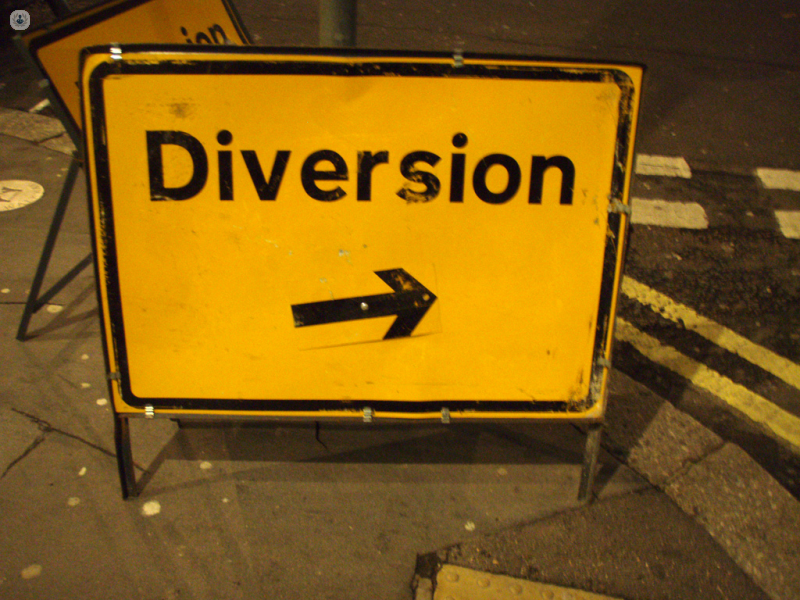Is it ADHD? Understanding the early signs in children and how a psychiatrist can help
Written in association with:Attention Deficit Hyperactivity Disorder (ADHD) is a neurodevelopmental condition that affects millions of children worldwide. Characterised by difficulties in maintaining focus, controlling impulses, and regulating hyperactivity, ADHD can significantly impact a child’s academic performance, social relationships, and overall development.
Early detection is key to effective management, and understanding the early signs is the first step toward getting the right support. Here to lend her expert hand with regards to ADHD in children is distinguished child and adolescent psychiatrist, Dr Rashmi Chakraborty.

Symptoms
Children with ADHD often display symptoms that go beyond occasional inattentiveness or impulsive behaviour, which are normal to some degree in childhood. ADHD symptoms typically begin before age 12 and are consistent in multiple environments, such as home, school, and social settings. There are three primary presentations of ADHD: inattentive, hyperactive-impulsive, and combined.
Children with the inattentive presentation may appear to be easily distracted, frequently losing focus during tasks or conversations. They may daydream often, miss important details, and have difficulty completing homework or assignments. Disorganisation is common, and these children might frequently lose items or forget instructions. In school, they might appear to be disengaged or “lost,” struggling to keep up with their peers.
In contrast, children with the hyperactive-impulsive presentation tend to exhibit physical restlessness, fidgeting, and excessive talking. They may struggle to sit still, often moving around even when seated or in situations that require quiet behaviour, such as a classroom.
These children may act on impulse, frequently interrupting others, blurting out answers, or engaging in risky behavior without considering the consequences. This type of behaviour can lead to accidents or conflicts with others.
Many children display a combination of both inattentive and hyperactive-impulsive symptoms, which is referred to as combined-type ADHD. This can make it difficult for parents and teachers to pinpoint the exact nature of the problem, but the overall impact on the child’s daily life is clear. ADHD symptoms can hinder academic progress, cause frustration in social interactions, and make it difficult for the child to follow rules or structure.
When to consult with a professional
When ADHD is suspected, consulting a child psychiatrist is essential. Psychiatrists can provide a thorough assessment, which includes gathering information from parents, teachers, and direct observation.
Diagnostic tools may include psychological evaluations and behaviour rating scales. Early diagnosis is crucial because it allows for timely interventions, which can include behavioral therapy, parent training, and medication if necessary.
A psychiatrist can also make recommendations to schools to develop individualised education plans (IEPs) to support the child’s learning needs. With early intervention and tailored treatment plans, children with ADHD can learn to manage their symptoms and thrive in both academic and social environments.


